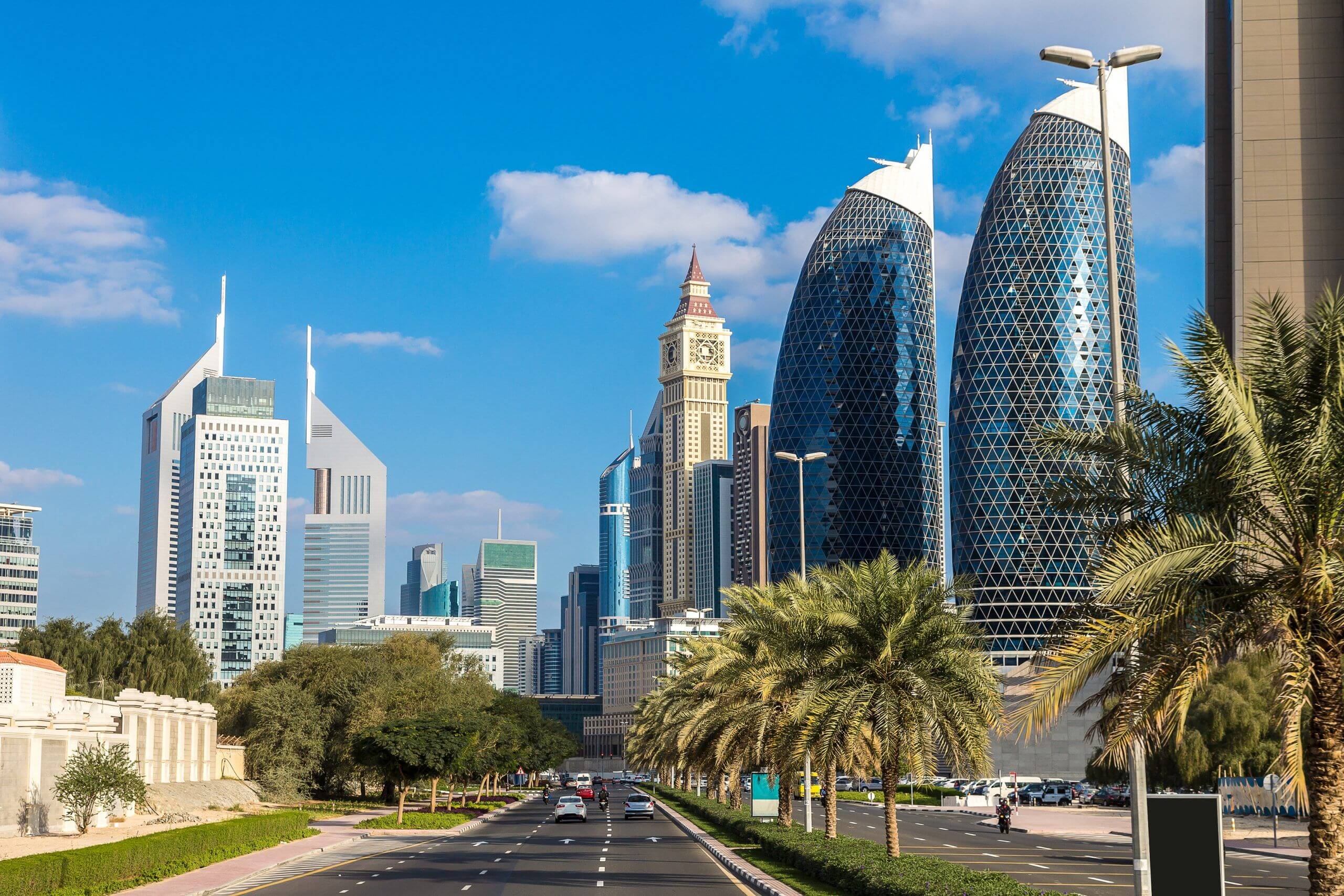The UAE is one of the most attractive countries for business with legal entities and individuals. A loyal tax system has been created here, with minimal rates and the absence of any taxes levied in other countries. This is one of the main factors motivating foreign investors to open a business in the UAE. We analyzed the tax system of one of the country’s largest emirates and will tell you in this article whether there are taxes in Dubai and how much you will have to pay for doing business here in 2023.
Features of the Dubai Tax System in 2023
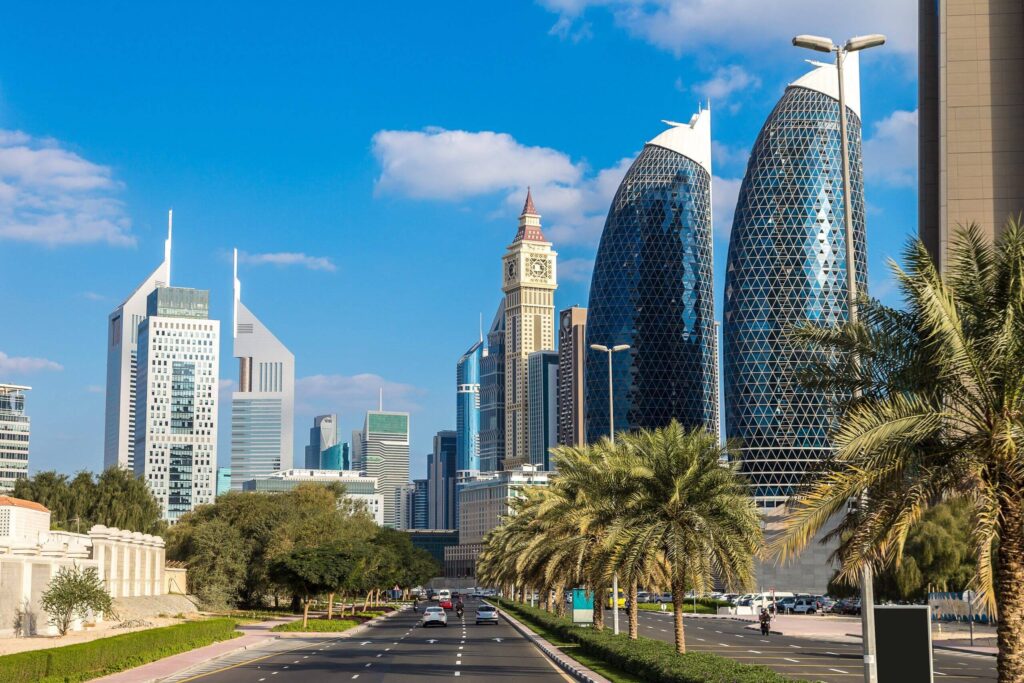
Taxes in Dubai really exist, but the tax system is quite lenient. Its features include the following:
- Local (established by the government of the emirate) and federal taxes. It is worth mentioning that VAT, introduced in 2018, and corporate tax, levied from July 2023.
- Free economic zones (about 45 of them) have a preferential tax regime for foreign businesses.
- Taxes related to business and not associated with entrepreneurial activity.
- Various fees ensure money flows into the emirate’s budget.
Taxes in Dubai for Individuals
Individuals in the emirate of Dubai are exempt from most taxes, including those related to business activities. However, they have to pay the following fees:
- For obtaining a license and permits to conduct business — the amount of payments depends on the chosen type of activity.
- For vehicle registration (420 dirhams).
- For transfer of ownership of a car (350 dirhams).
In more detail, we will look at other taxes and fees in Dubai for individuals.
Income Tax
In the Emirate of Dubai, all individuals, including foreigners with resident status, are exempt from income tax. This tax does not exist at the federal level either. In addition, there are no taxes in Dubai, which are present in many countries:
- Pension.
- For luxury goods.
- On income from capital growth.
- For registration of inheritance.
- For a gift.
- Tax on dividends;
- Income tax.
To avoid paying all these taxes in the emirate of Dubai, a foreigner-only needs to obtain a resident visa. To do this, you can get a job in one of the companies registered in the UAE, enroll in one of the country’s universities, purchase residential real estate worth at least 1 million dirhams per person, or write an onshore company local or in a free zone. Our company’s specialists will help you do this correctly in the shortest possible time.
Property Taxes
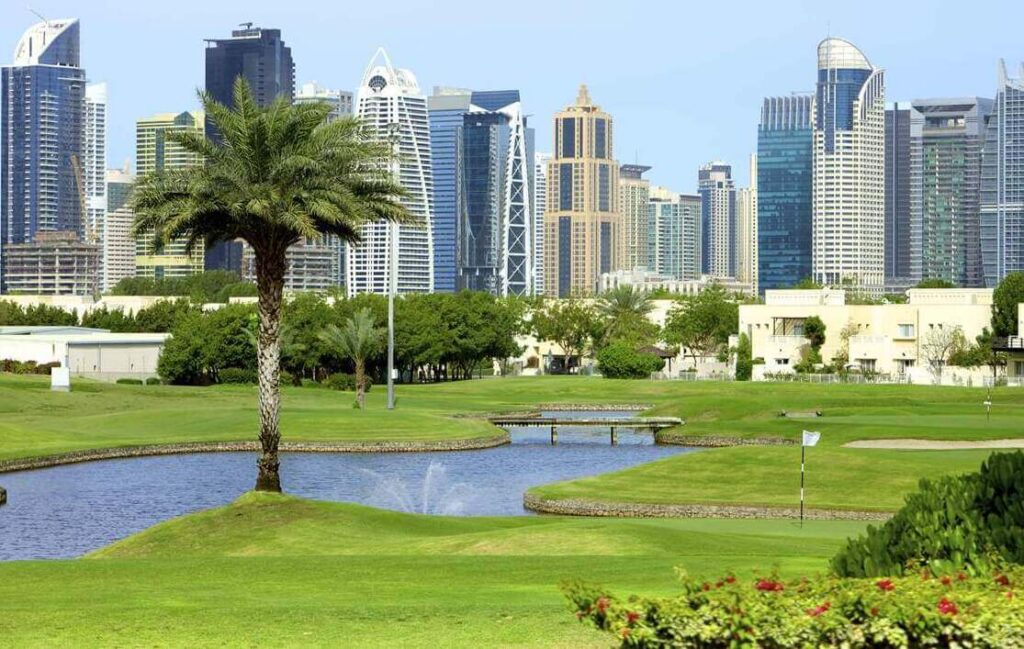
Real estate transactions in the Emirate of Dubai are subject to the following mandatory fees:
- For renting real estate — the tenant pays this tax, and its amount is:
- 5% of the annual rent — for residential real estate.
- 10% — when renting commercial real estate.
- For the purchase of real estate — in the UAE and, in particular, in the emirate of Dubai, these taxes are divided into two types of payments:
- For transfer — its size is 4% of the object’s value, and this tax is paid by the buyer and seller in equal shares unless there is another mutual agreement between them.
- Registration fee is charged to the buyer and amounts to 2,000 dirhams for real estate worth up to 500 thousand dirhams and 4,000 if its price is above 500 thousand dirhams.
- On the transfer of real estate — this tax is a fixed 540 dirham payment and is paid together with the transfer fee.
- VAT 5% on the purchase of commercial real estate.
Tourist Tax
Foreign citizens coming to Dubai also pay taxes, calculated as a percentage, and fixed fees:
- Municipal tax is 7% of the cost of a hotel room, service, drinks, and food.
- Tourist dirham – a fixed payment of 7-20 dirhams per day for a rented room. This fee is charged only for 30 days, and its amount depends on the star rating of the hotel and room category.
- Tourist tax and city tax paid for visiting individual attractions and tourist sites. Their size is 6 and 6-10%, respectively.
Taxes for Companies in Dubai 2023
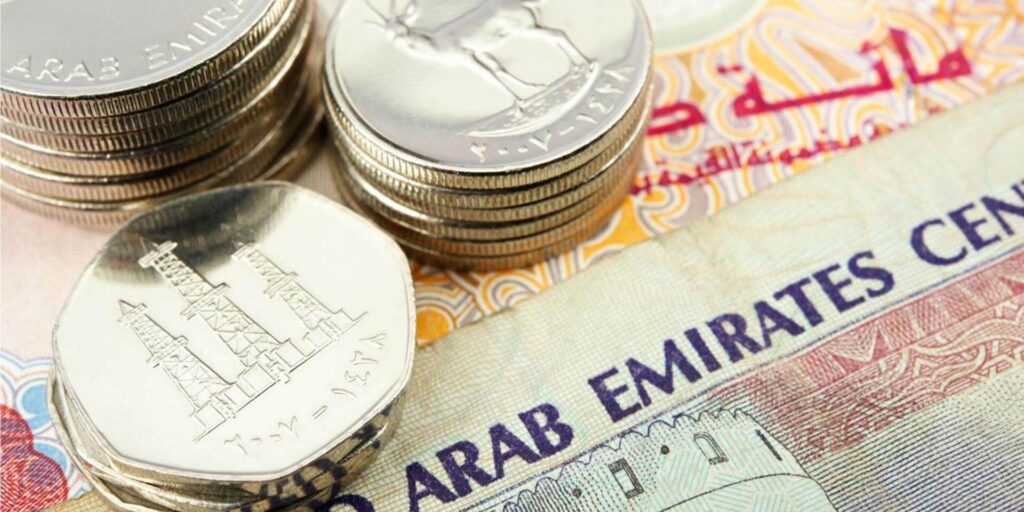
Legal entities registered in the emirate of Dubai, including in its free zones and individuals, pay mandatory fees for obtaining permission for certain types of activities, registration, and annual renewal of licenses.
As of 2023, the following positions are still not taxed:
- Capital gains.
- Intra-group transactions.
- Company reorganization.
- Dividends.
However, some taxes in Dubai are mandatory for businesses carried out by legal entities. We have made a short overview of these taxes for you.
VAT
Value-added tax is charged at a rate of 5% for companies whose annual profits exceed 375 thousand dirhams. Such firms must be registered with the FTA for VAT. The tax must be paid within 28 days after the reporting period (quarter) ends.
Companies with smaller profits do not pay VAT, and their registration with the FTA is optional. The management of a legal entity can voluntarily register its business, taking into account the growth of profits in the future, if it is 187-375 thousand dirhams.
The VAT rate of 0%, regardless of the amount of profit, is established for the following types of activities:
- International freight and passenger transportation.
- Technical maintenance of vehicles engaged in international transit.
- Sales of real estate built over the last 3 years.
- Provision of Until recently, income tax was not levied on legal entities, but now companies with profits of more than 375 thousand dirhams per year must pay it. The following rates are established for this tax: services in preschool education and secondary and higher education.
- Export of goods outside the Gulf States.
- Provision of essential medical services.
- Investing in certain metals.
Income Tax in Dubai (Corporate Tax)
Until recently, income tax was not levied on legal entities, but now companies with profits of more than 375 thousand dirhams per year must pay it. The following rates are established for this tax:
- 9% — for most legal entities and types of activities.
- 20% — for branches of foreign banks.
- 55% — for foreign companies engaged in the oil and gas sector of the UAE.
Legal entities registered in the Emirate of Dubai will still not pay income tax unless the company’s turnover is 375 thousand dirhams.
Excise Tax
Excise duty is provided for goods of a particular group that cause harm to health. Their list includes the following positions:
- Food products, carbonated drinks, and their concentrates contain sugar and sweeteners. The excise tax rate for this group of goods is 50%.
- igarettes and other tobacco products, energy drinks, and concentrates for their preparation (excise duty — 100%).
- Electronic devices for vaping, cartridges, and vaping liquids for them — the excise tax on these goods is also 100%.
Excise tax is paid by the companies involved in the production, import, domestic transportation, and storage of these goods, which leads to an increase in their price and is ultimately borne by the consumer.
Export and Import taxes
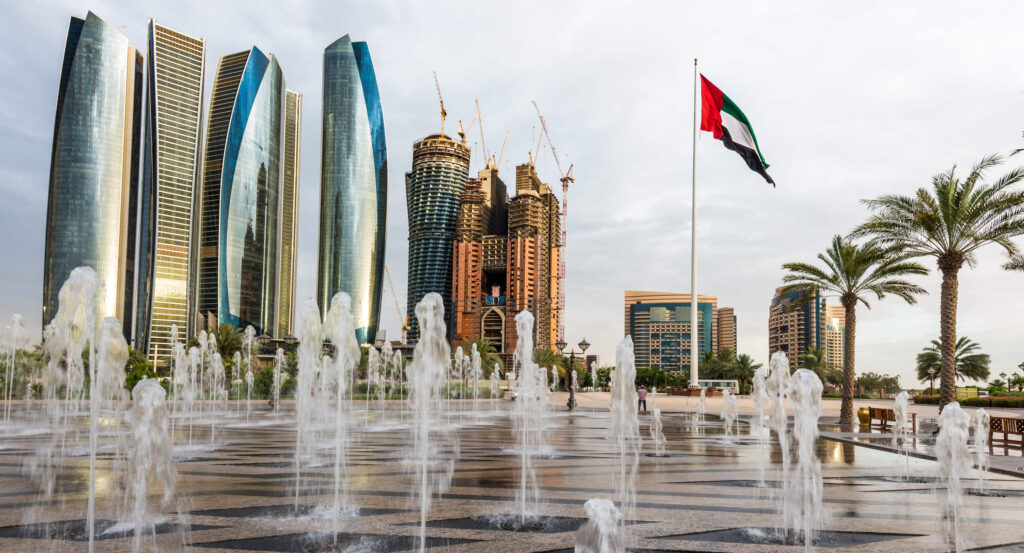
Export tax for business in Dubai, as in other emirates of the country, has a zero rate. But for importing most goods into the UAE, you will have to pay 5% of their value. However, some products have a higher import tax. This applies primarily to tobacco products and alcohol, the import of which is subject to a tax rate of 50 and 100%, respectively.
Tax Incentives for Business in Dubai
Businessmen from other countries who have registered a company in one of the emirate’s free zones can receive tax benefits in Dubai. Special economic zones with preferential tax treatment were created to attract foreign capital to the country’s economy. In free zones, foreign investors are not only allowed to own a business without involving a local partner but are also provided with significant tax benefits:
- Exemption from income tax — in the Dubai FEZ and 2023, after the introduction of corporate tax, its zero rate will remain for 15-50 years after company registration.
- No VAT.
- 0% rate on customs duties.
- No tax on income from foreign sources, and the possibility of free circulation of these funds through the company’s corporate accounts.
To summarize our review, we can say that the UAE’s tax climate and Dubai’s emirate are beautiful for foreign investors. Despite introducing some taxes in recent years, it is still profitable to do business here. And many foreigners who want to reduce their tax costs choose Dubai to relocate their business or register new companies.
Our article is purely informational, so you should not consider it legal advice. If you want to consult on tax issues for an individual or legal entity in the emirate of Dubai, please contact the managers of Dynasty Business Adviser!


